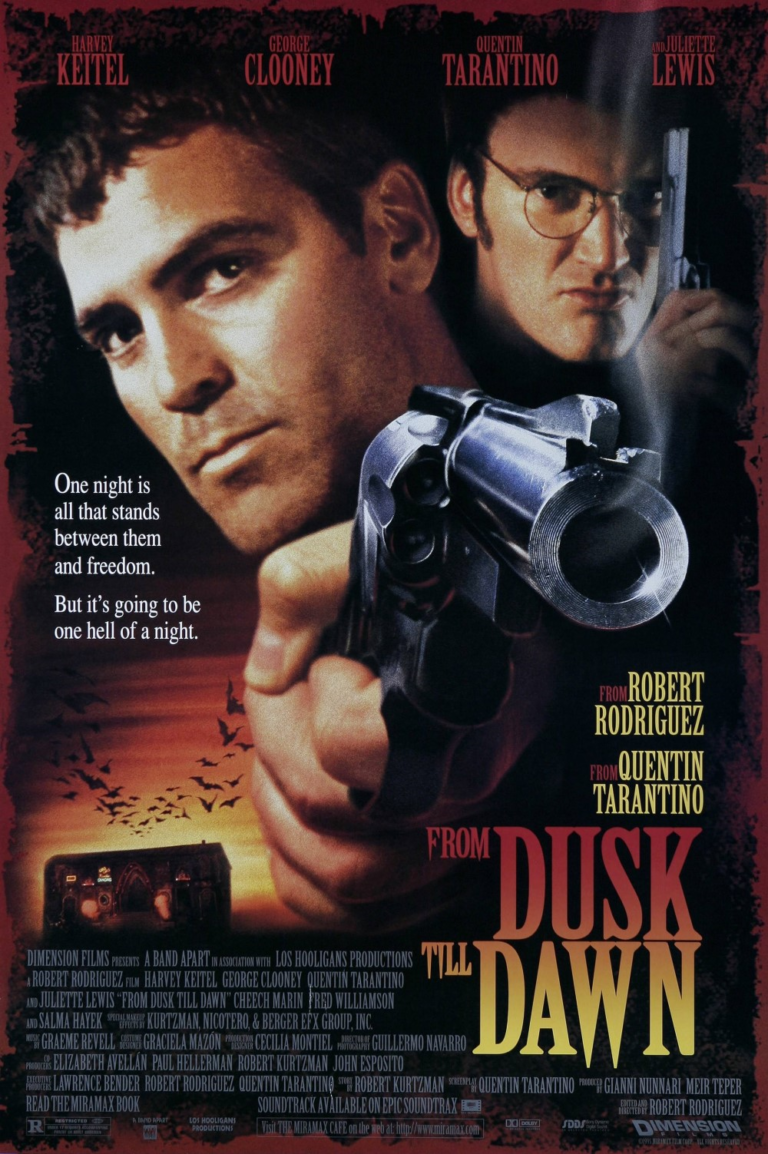 Starring: Jeffrey Wright, Tracee Ellis Ross and Issa Rae
Starring: Jeffrey Wright, Tracee Ellis Ross and Issa Rae
Directed by: Cord Jefferson
Rated: R
Running Time: 117 minutes
Metro-Goldwyn-Mayer
Our Score: 4 out of 5 Stars
I’m not going to attempt any bad barely remembered quotes, but I’ve heard a solid critique from several African American film critics about when critics, award groups and associations award black films. The critique is that the film is either a movie about the worst time for black people in America (“12 Years a Slave,” “The Color Purple,” “Django Unchained”) or how their story needs the help of a white person to tell (“The Blind Side,” “Precious,” “Green Book”). “American Fiction” feels like that critique personified.
Thelonious Ellison (Jeffrey Wright), who also goes by Monk, is a professor and black writer, who receives praise from his fellow academics for his books. But none from his publisher, the public, or even his family. Monk, as he’s told, directly or indirectly, isn’t “black enough.” He watches as others in his field write books that he believes not only pander to white people and the surrounding culture but demean black voices. So, he begins writing “My Pafology” to not only mock the narrative he sees, but to jokingly see if anyone cares what he writes now. Unfortunately, they do.
Almost like a meta commentary, that’s what the trailer for “American Fiction” kind of says the movie is, but at no point did I ever feel the movie was a spoof. I almost began to wonder if the trailer was intentionally selling audiences, white critics like me and America on this notion that we’re about to watch an academic parody of how black people are reduced to caricatures with so-called hood talk for stereotypical films that highlight slavery or impoverished neighborhoods. Instead “American Fiction” uses that as a kind of background noise to the real story, Monk’s life.
He comes from a lower middle-class background in the northeast, but now lives in Los Angeles, far from his two siblings and an ailing mother Agnes (Leslie Uggams) who suffers from early signs of dementia. His sister, Lisa (Tracee Ellis Ross), takes care of her while Monk bemoans the literary industry and his brother, Cliff (Sterling K. Brown) has pretty much abandoned the family because he feels he’s being looked down upon by everyone, including Agnes. That’s because Cliff’s ex-wife divorced after catching him with another man. Unfortunately, we don’t get to know much about Agnes, because she dies suddenly from a heart attack.
Ultimately “American Fiction” is about Monk’s flawed perception because he himself seems to be living out a stereotypical American life we’ve seen in other family drama films. He’s dealing with the age of his mother, attempting to reconcile with a brother who’s nose deep in cocaine, and dealing with the unexpected death of a loved one while finding random romance in his older years. In that regard, that’s the kind of stories Monk wants people to see when it comes to black people. That’s what ultimately leads him to ridicule everything through “My Pafology.” The movie is still about a both, someone or something upping the drama in Monk’s life as the insult to professed book lovers begins to spin wildly out of control. Eventually Monk must reconcile with the fact that everyone lives life differently and similarly.
“American Fiction” plays like an indictment of society and pop-culture at-large. In some ways, it has me pondering the movies I’ve liked and if it’s simply because of my own personal expectations or if it’s because it’s telling a unique story. Do we, as critics, filmgoers, and consumers, want to hear black voices or do we want the same old narrative where white people alleviate a terrible situation or we see triumph under oppression? Do we even want to hear other minority voices or just more sad stories? There’s a lot to study in this film, for years to come. “American Fiction” tells us that everyone, while living the same experiences, enjoying the same triumphs and enduring the same tragedies, all have a unique story to tell.


